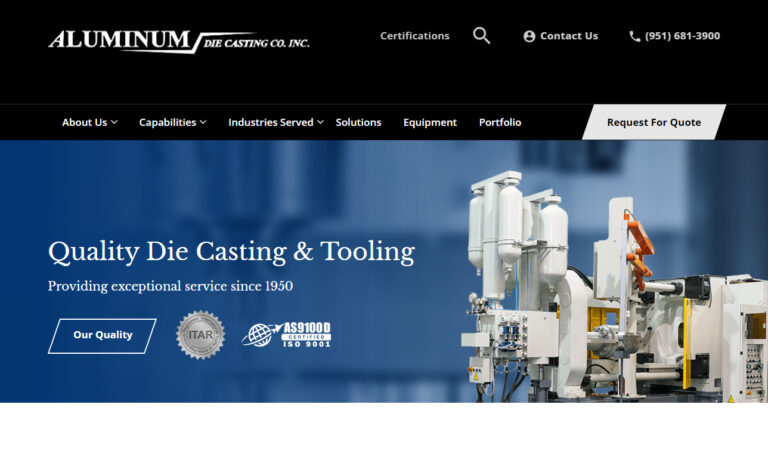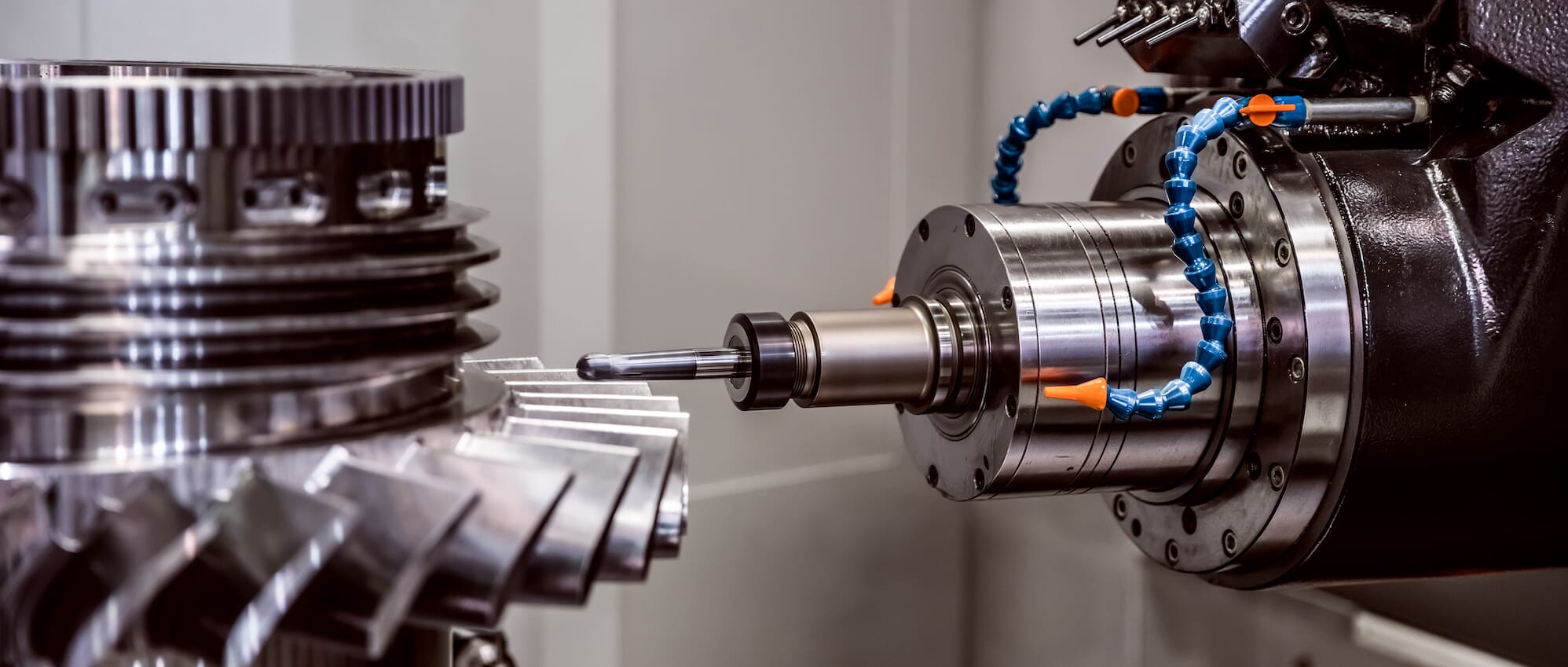The Best Guide To Alcast Company
The Best Guide To Alcast Company
Blog Article
The Of Alcast Company
Table of ContentsAlcast Company Things To Know Before You Get ThisOur Alcast Company StatementsThe Alcast Company DiariesGetting My Alcast Company To WorkAlcast Company for BeginnersAlcast Company Can Be Fun For Everyone
The refined difference hinges on the chemical web content. Chemical Contrast of Cast Aluminum Alloys Silicon advertises castability by decreasing the alloy's melting temperature and improving fluidness during spreading. It plays a vital duty in allowing intricate mold and mildews to be filled up precisely. Furthermore, silicon contributes to the alloy's toughness and wear resistance, making it important in applications where resilience is critical, such as auto parts and engine parts.It additionally improves the machinability of the alloy, making it simpler to refine right into completed items. In this method, iron contributes to the overall workability of light weight aluminum alloys.
Manganese adds to the strength of light weight aluminum alloys and boosts workability (Aluminum Castings). It is frequently used in functioned aluminum products like sheets, extrusions, and profiles. The visibility of manganese aids in the alloy's formability and resistance to breaking during manufacture procedures. Magnesium is a lightweight element that offers strength and effect resistance to aluminum alloys.
Getting My Alcast Company To Work
It enables the manufacturing of light-weight components with excellent mechanical residential or commercial properties. Zinc enhances the castability of aluminum alloys and assists control the solidification procedure throughout casting. It enhances the alloy's strength and hardness. It is frequently discovered in applications where complex forms and great details are needed, such as attractive spreadings and particular auto components.

The key thermal conductivity, tensile strength, return stamina, and prolongation differ. Select ideal raw products according to the performance of the target item created. Among the above alloys, A356 has the greatest thermal conductivity, and A380 and ADC12 have the cheapest. The tensile limitation is the opposite. A360 has the most effective return toughness and the highest possible elongation price.
What Does Alcast Company Do?

In accuracy spreading, 6063 is fit for applications where complex geometries and premium surface area finishes are vital. Examples consist of telecommunication units, where the alloy's superior formability enables sleek and cosmetically pleasing layouts while maintaining structural integrity. In the Illumination Solutions market, precision-cast 6063 elements create stylish and efficient illumination fixtures that need elaborate shapes and excellent thermal performance.
It leads to a better surface coating and far better rust resistance in A360. Additionally, the A360 displays remarkable prolongation, making it excellent for complex and thin-walled components. In precision casting applications, A360 is fit for industries such as Customer Electronics, Telecommunication, and Power Tools. Its boosted fluidity permits elaborate, high-precision parts like smart device coverings and interaction tool housings.
The 10-Minute Rule for Alcast Company
Its distinct homes make A360 an important choice for accuracy casting in these sectors, enhancing item durability and quality. Light weight aluminum alloy 380, or A380, is a widely made use of spreading alloy with a number of unique qualities. It offers outstanding castability, making it an ideal option for accuracy spreading. A380 exhibits great fluidity when molten, making sure intricate and in-depth mold and mildews are properly reproduced.
In precision casting, aluminum 413 beams in the Customer Electronics and Power Devices markets. It's generally utilized to craft intricate components like smart device housings, electronic camera bodies, and power tool cases. Its accuracy is impressive, with tight tolerances approximately 0.01 mm, ensuring perfect item assembly. This alloy's remarkable corrosion resistance makes it a superb option for outdoor applications, making certain durable, sturdy products in the stated industries.
Unknown Facts About Alcast Company
The light weight aluminum alloy you select will considerably impact both the spreading find procedure and the properties of the final product. Since of this, you should make your decision thoroughly and take an educated strategy.
Determining the most ideal aluminum alloy for your application will mean considering a vast array of characteristics. These comparative alloy features comply with the North American Pass Away Spreading Association's guidelines, and we have actually divided them right into 2 categories. The first classification addresses alloy features that impact the production procedure. The second covers attributes influencing the buildings of the end product.
An Unbiased View of Alcast Company
The alloy you select for die casting directly impacts several aspects of the spreading process, like exactly how easy the alloy is to work with and if it is susceptible to casting flaws. Warm cracking, also referred to as solidification splitting, is a normal die spreading issue for aluminum alloys that can lead to inner or surface-level splits or fractures.
Specific light weight aluminum alloys are a lot more vulnerable to warm breaking than others, and your selection should consider this. It can harm both the actors and the die, so you must look for alloys with high anti-soldering homes.
Deterioration resistance, which is currently a significant characteristic of light weight aluminum, can vary considerably from alloy to alloy and is a crucial particular to take into consideration depending on the environmental conditions your item will be exposed to (aluminum metal casting). Put on resistance is another residential or commercial property typically looked for in light weight aluminum items and can distinguish some alloys
Report this page